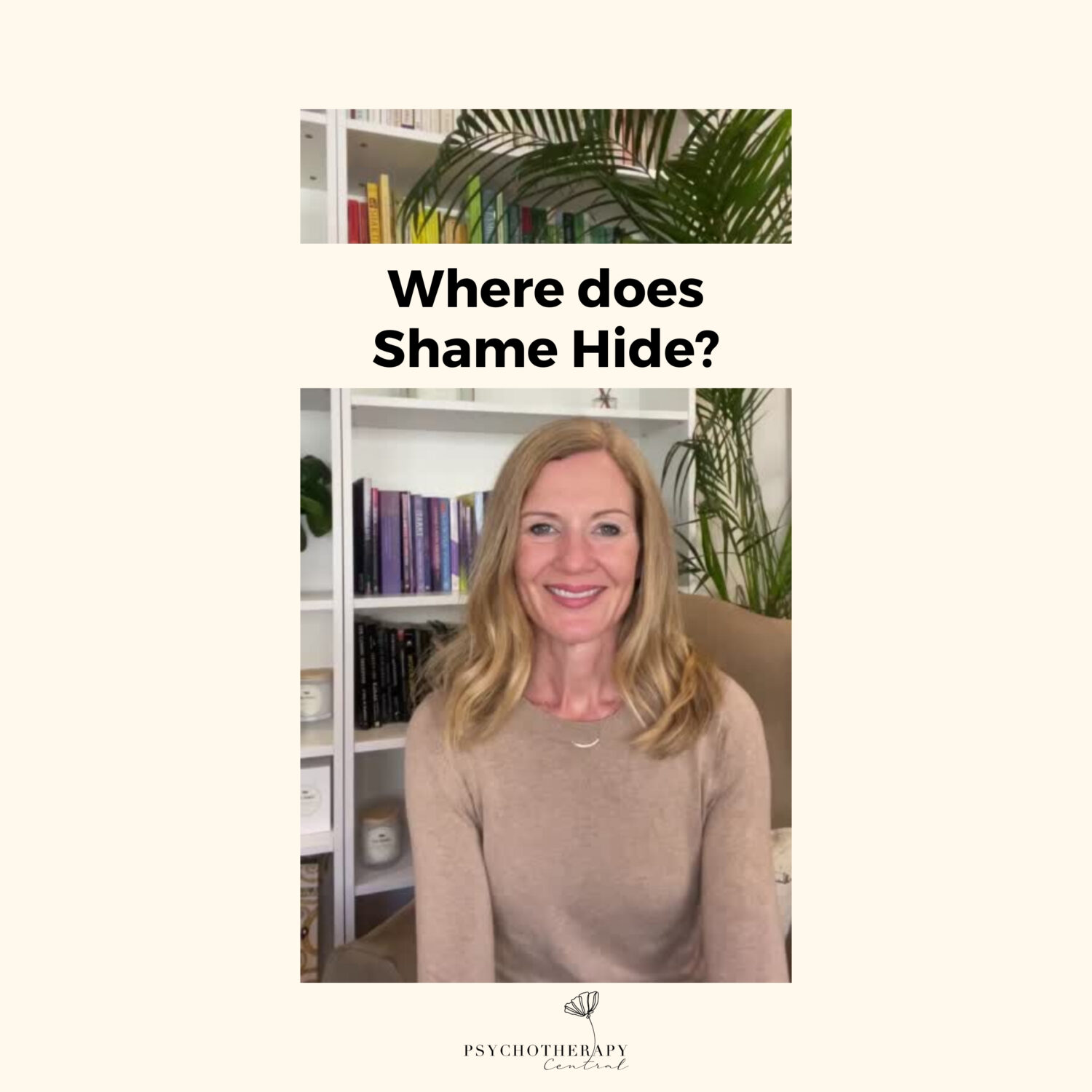It is easy to read posts about shame and think, “Oh, I don’t feel any shame. That’s not in my life”. If that is the case, you are an incredibly rare individual. For most people, shame is part of life. For some, it is overt and interrupts life with its destructive inner monologue. For others, it is more covert. For different people, shame hides in different places.
Shame is a painful emotion that leads us to believe that we are fundamentally flawed and unworthy of connection. If it is left unresolved, shame can lead to feelings of anxiety, low self-esteem and depression.
Sometimes the most intense shaming happens in our own minds. I have a rule. If I wouldn’t say it to my child, I won’t say it to myself.
Would you say these things to your child or best friend?
- “You look fat in that”
- “You have horrible hair”
- “Why do you even bother studying? You are crap”
- “The end of another relationship, he saw how warped you are”
NO!!!!!
Changing the inner monologue takes some time and focus, but it CAN be done. It is a vital part of the healing journey.
One of the most powerful ways to make this change is with a therapist or counsellor. Find a good fit, dig in and do the work.
I’ll be following up with ideas for you to work with shame.
Jen
Reference: Brown, B. (2012). Daring Greatly. Penguin Books: UK.
